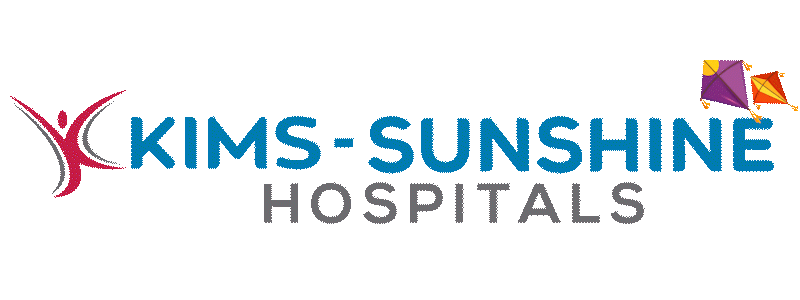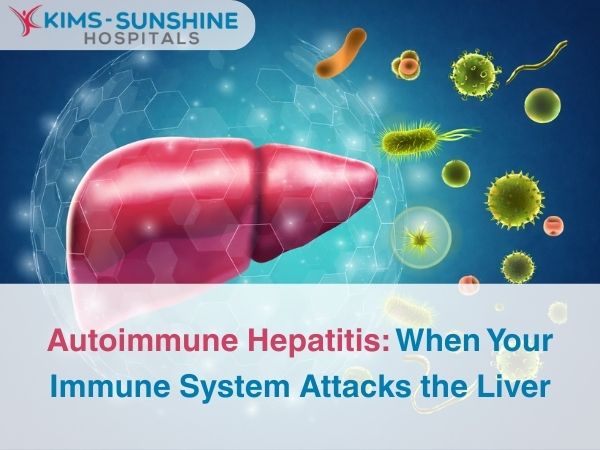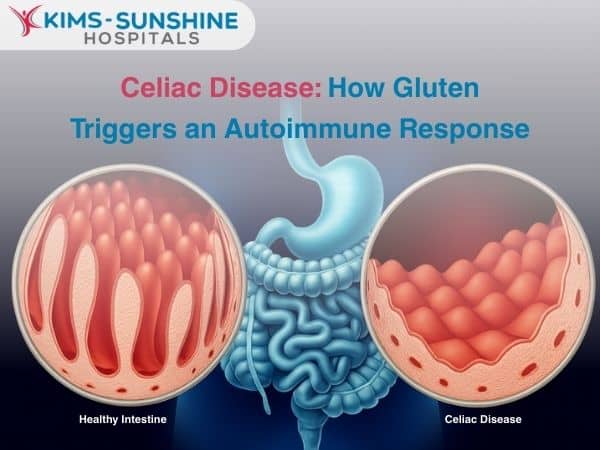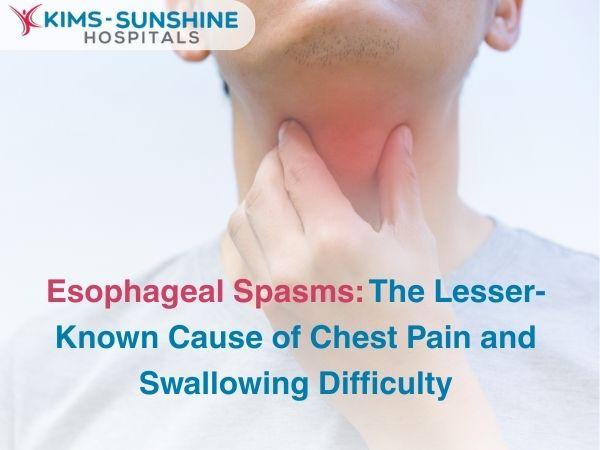
Esophageal Spasms: The Lesser-Known Cause of Chest Pain and Swallowing Difficulty
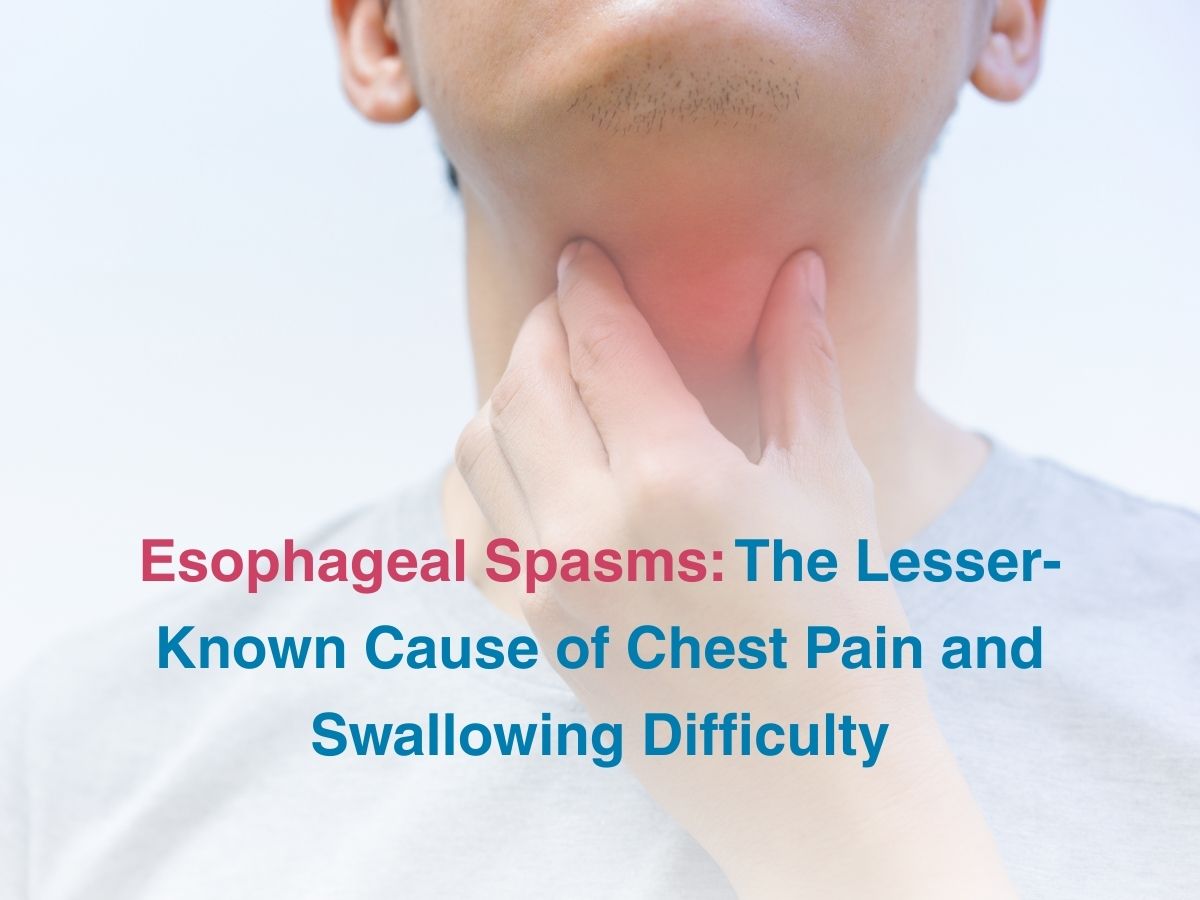
We all know what the oesophagus is- as it is commonly called the food pipe, that takes food from the mouth to the stomach, in a smooth manner. The oesophagus has numerous muscles which contract and relax in a systematic manner to allow proper movement of food or water, after it has been swallowed. A spasm occurs when muscles don’t contract like they should and esophageal spasms are no different. These spasms can cause some unpleasant symptoms and affect quality of life on a daily basis, in severe cases. This condition affects a few million individuals in the Indian subcontinent, though exact incidence is not known.
What are Esophageal Spasms?
When the muscles of the oesophagus contract too powerfully or don’t contract much, you will have issues while swallowing solids or liquids. Food doesn’t reach the stomach properly, as peristalsis or the rhythmic contraction of muscles needed to push food further down the throat into the food pipe does not happen. There are 2 kinds of esophageal spasms- distal ones which occur at the bottom of the food pipe, causing regurgitation and hypercontractile spasms- where you may feel like there is persistent and painful squeezing in your chest.
Causes Of Esophageal Muscle Contractions
The exact cause for these spasms is not known, though doctors think it may be due to some nerve related issue – which causes the muscles to contract in unusual ways. Esophageal spasms are pretty common in individuals who suffer from GERD, though others may get them while eating or drinking something very cold or hot, when they are very stressed or during times of exercise.
Symptoms Of Esophageal Spasms
Some of the most common symptoms include
- Tightness or a squeezing sensation in the chest
- Heartburn
- Neck pain that may radiate to your arms and back too, at times.
- Some people also report the feeling of something being stuck in their throat.
Diagnosis Of Esophageal Motility Disorders
Diagnosis involves the use of a few specialized tests like endoscopy or an esophagram. Other tests may probe the esophagus in different ways.
- Upper GI endoscopy- A long, narrow tube with a camera on its end is inserted down the throat to allow the doctor to visualise the esophagus accurately. This can help them ascertain what is causing your symptoms.
- Barium Swallow or Esophagram- Here, you will be asked to drink a barium containing solution and then the food pipe will be x-rayed at regular intervals- to check how the liquid is moving in your gut. It can help check for any strictures or narrowing in the digestive tract.
- Esophageal manometry– A gold standard test performed to diagnose esophageal spasms. This involves checking for how much pressure or spasms occur in response to swallowing something. More contractions in the lower parts of the esophagus mean you have this condition.
- Functional Lumen Imaging Probe– FLIP is an advanced test that checks how much the esophageal wall responds to changes in pressure.
Treatment Options For Esophageal Spasms
Since the muscles in the esophagus are always contracting, medications are used that cause these very muscles to relax. But, treatment is not really necessary, unless the symptoms are very prominent and hard for you to ignore.
- Some people respond well with just peppermint oil in water.
- Calcium channel blockers which help regulate blood pressure can help people swallow better. Nitrates can relieve chest pain.
- People with GERD may do well with proton pump inhibitors which reduce the amount of stomach acid being produced. This in turn can help with regurgitation related issues.
- Some people may get botox injections to paralyse the esophageal muscles. You won’t have symptoms for about 6 months, after which you will need to get a shot again.
- Surgery– This is done in severe cases- where incisions are made in the contracting muscle to force it to relax. The muscle will no longer work at all, as its fibres have been cut. Gravity will help push food or liquids down to the stomach then.
Conclusion
Preventing recurrent esophageal spasms involves identifying the specific triggers in your case and trying to avoid them. Some foods or drinks can cause spasms, so try not to consume them as your spasms can get worse, once they begin. It is easy to mistake chest pain and related symptoms for that of a heart attack. Though esophageal spasms cannot cause any long term damage to your gut, it can affect your quality of life. So, talk to your doctor about what you can do, when you have spasms or are not able to swallow food normally.

